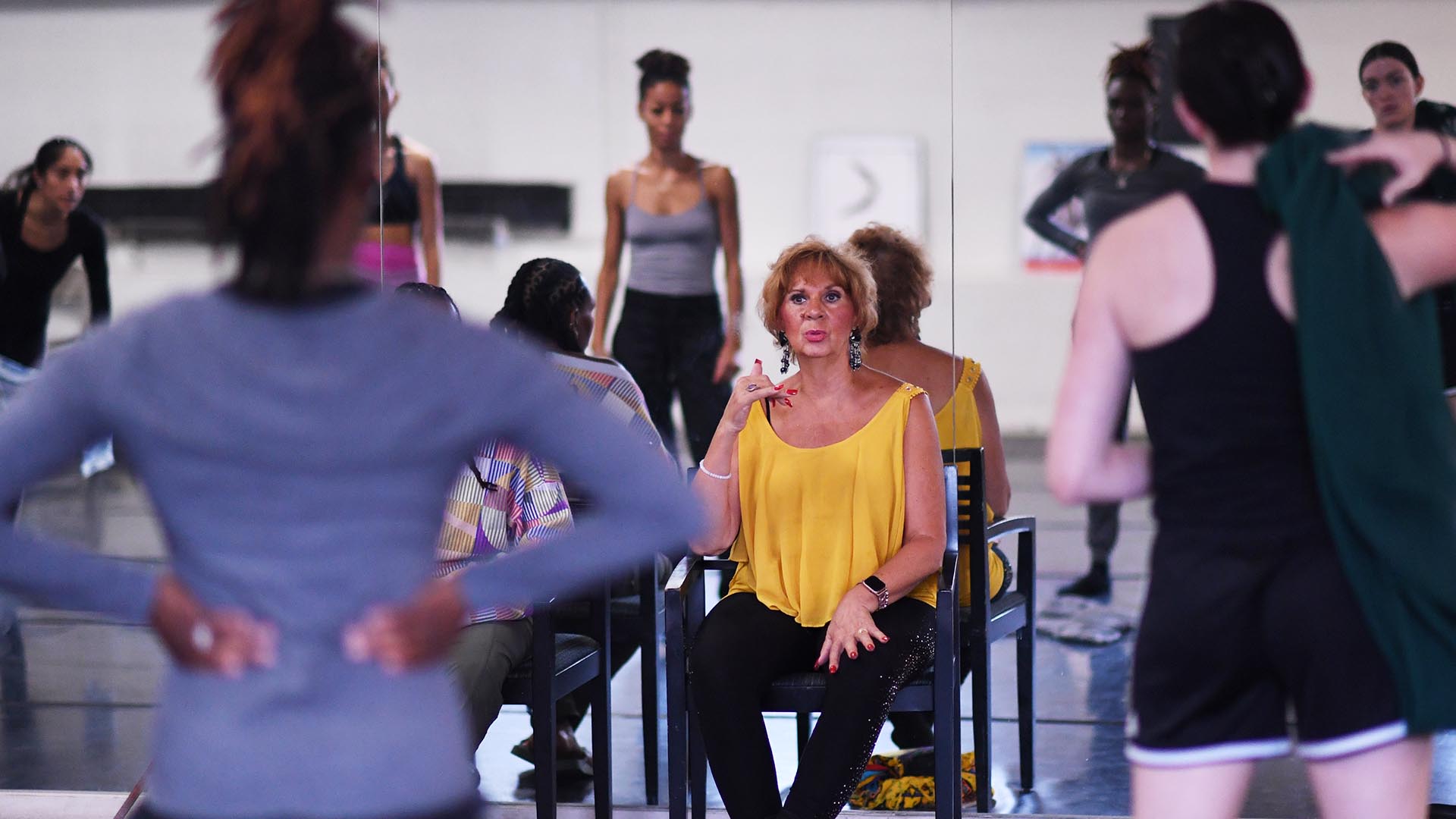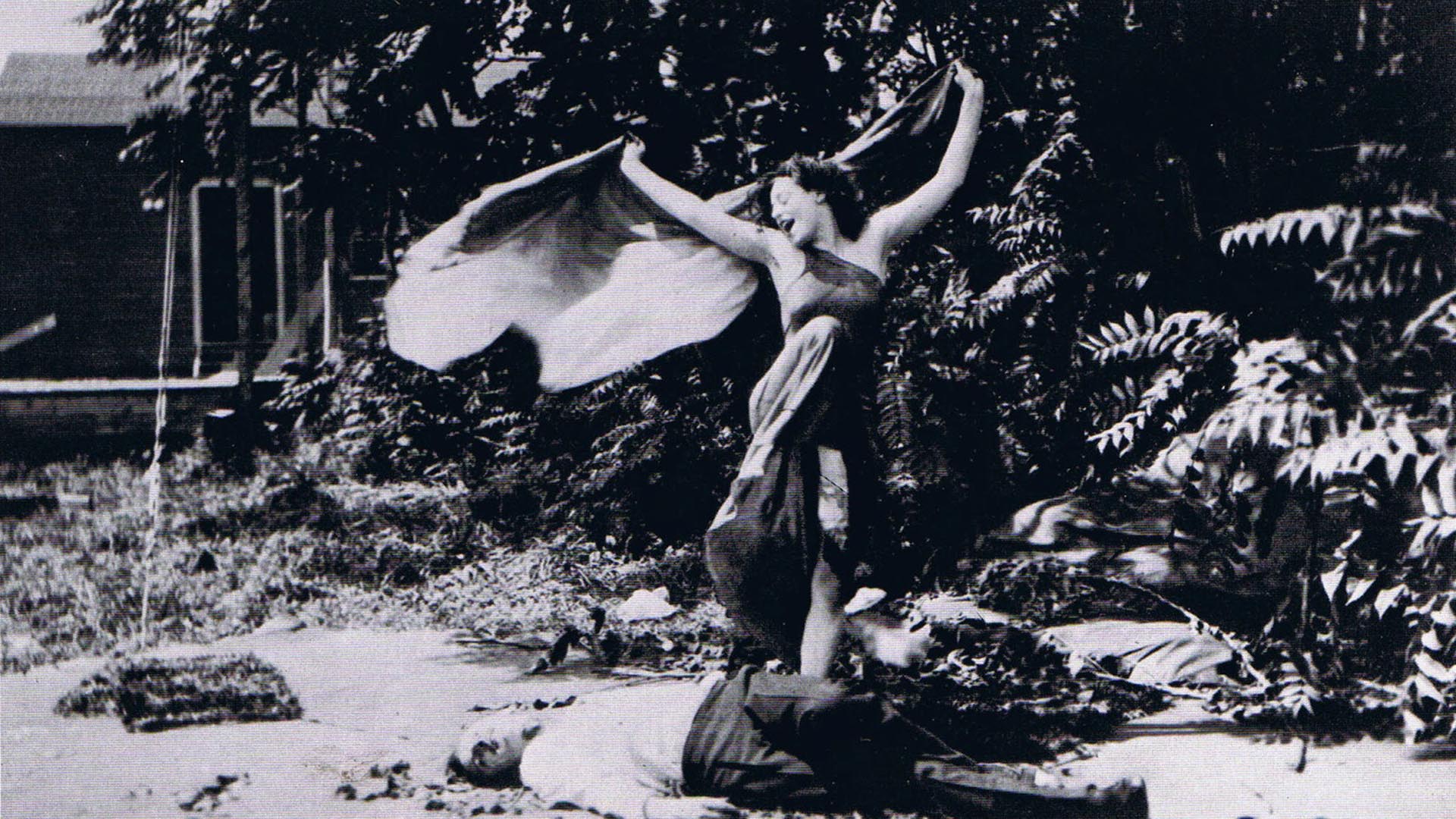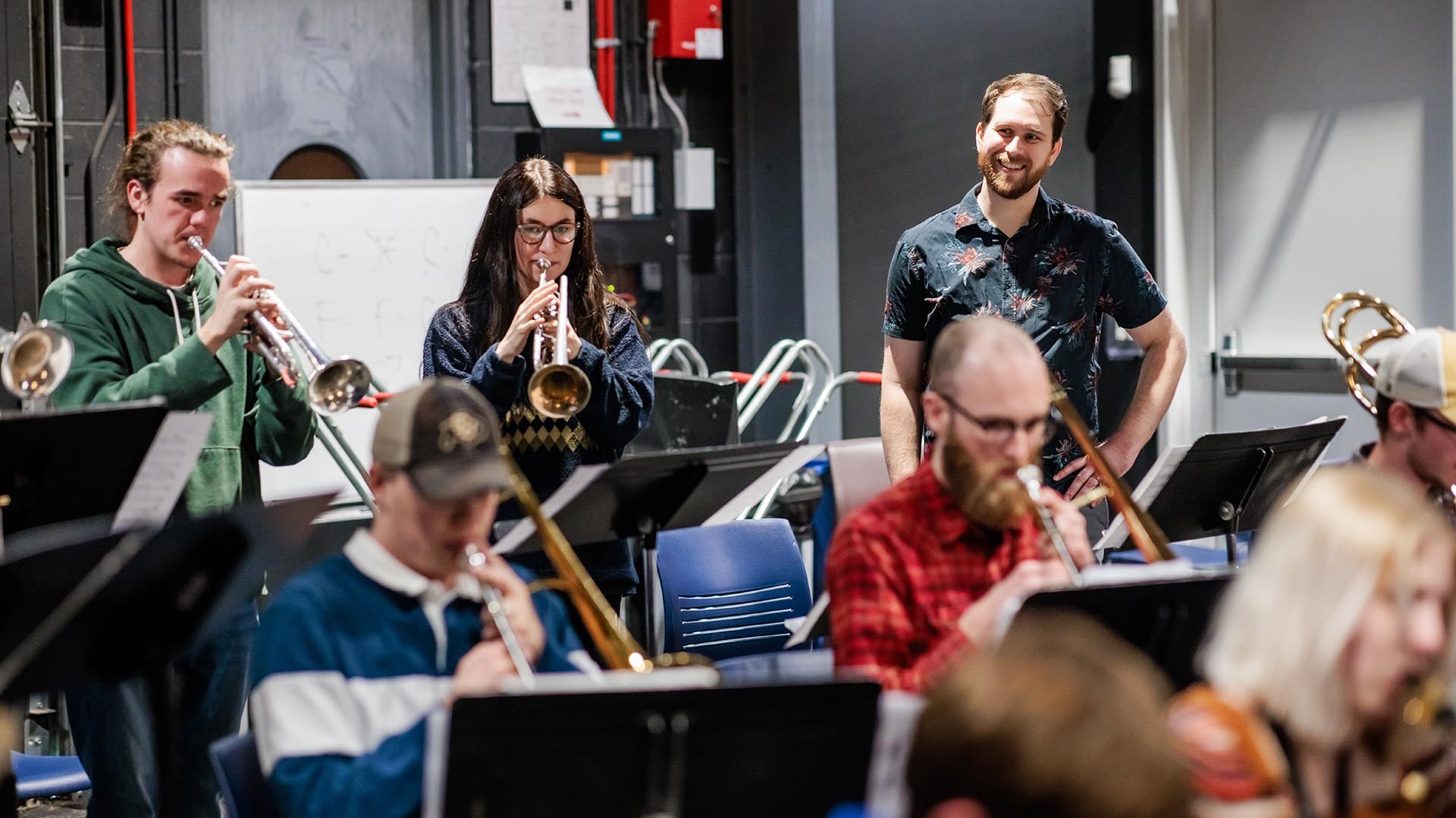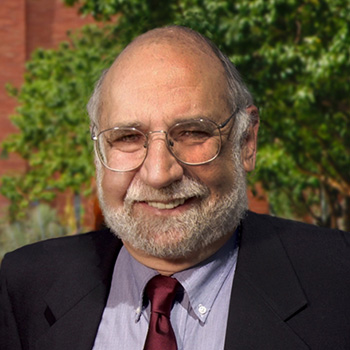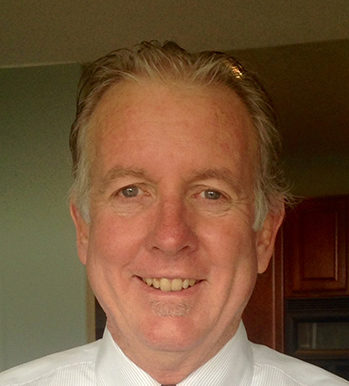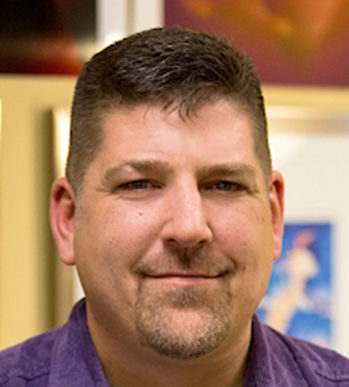From dark horse to “The Front Runner”
As a new film on Gary Hart hits theatres, photojournalist Kenn Bisio shares pictures of the Colorado senator’s presidential campaigns.
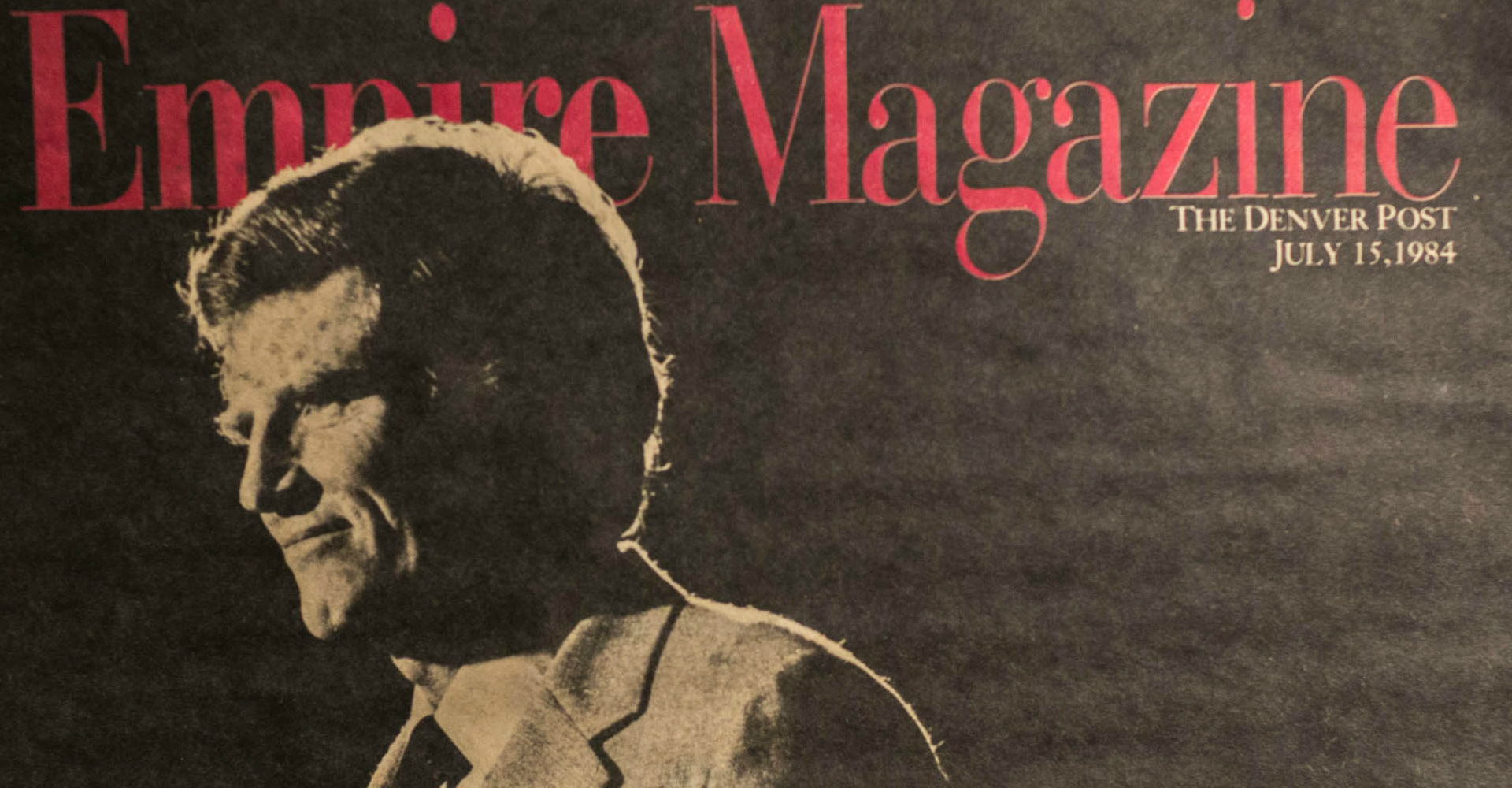
As Kenn Bisio remembers it, U.S. Sen. Gary Hart never thought of himself as the front-runner to win the 1988 Democratic presidential nomination.
“I think he always preferred the dark-horse role,” the Metropolitan State University of Denver photojournalism professor said.
From 1982 to 1987, Bisio captured the charismatic Colorado senator’s rise to national prominence as a two-time presidential candidate in the pages of Time and The Denver Post. He traveled across the state with Hart and followed him to primary battlegrounds including Iowa, New Hampshire and Wisconsin.

Hart’s presidential ambitions came to an ignominious end on May 3, 1987 when The Miami Herald published a story linking the married Hart romantically to a woman who wasn’t his wife; the candidate suspended his campaign five days later.
The scandal and journalistic firestorm it ignited is the subject of the new film “The Front Runner,” which stars Hugh Jackman as Hart and is directed by Jason Reitman (“Juno,” “Up in the Air”). The film, based on the book “All the Truth is Out: The Week Politics Went Tabloid” by Matt Bai, had a limited release on Election Day, was screened at the Denver Film Festival on Nov. 8 and is being released nationwide Friday.
As the film hits Denver-area theatres, Bisio shared his memories – and one of his photo essays on Hart from The Denver Post’s Empire Magazine. “In the Beginning: the making of candidate Gary Hart” was published July 15, 1984, as the Democratic National Convention was about to kick off in San Francisco.

Hart lost the 1984 nomination to former Vice President Walter Mondale, but Bisio – who was on the floor of the convention for Time – said that it was clear then that the Colorado politician was ascendant.
“He was a politician with a stature reminiscent of John F. Kennedy,” he said.
Looking back on Hart’s political career more than 30 years later, Bisio said Hart had a maverick spirit not unlike that which the late Sen. John McCain would cultivate as a Republican presidential candidate in 2000 and 2008.
“(Hart’s) fault might have been that he was too brilliant – he was way up there,” Bisio said.
Mondale would lose the 1984 presidential election to incumbent Republican Ronald Reagan, while Hart would maintain his trajectory toward the 1988 Democratic presidential ticket.

Bisio and his camera would be there for that wild ride, but he was also there from the beginning – he first photographed Hart in 1982 when he realized the senator from Colorado was testing the waters for a presidential campaign.
“I was in my darkroom with Colorado Public Radio on, and they did an interview with Hart discussing things international,” Bisio remembered. “I said, ‘Oh, my God, he’s running,’ and went straight to his office and told his staff that I wanted in first.”
Bisio hasn’t seen the film and he wasn’t contacted by the filmmakers for access to his archival photos. If they had called the photojournalist, he might have opened his archive to them – Bisio said he made some amazing pictures with Hart in the early 80s.
“I have one of him literally riding a dark horse in a community parade during his first presidential run,” Bisio said. “That was a great picture.”


